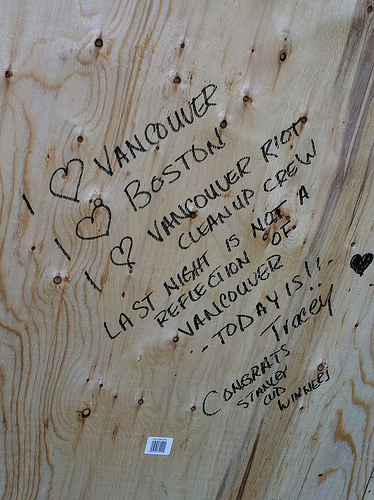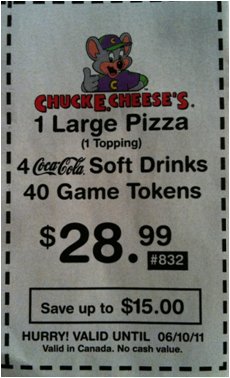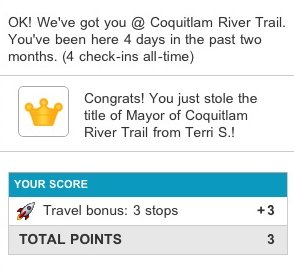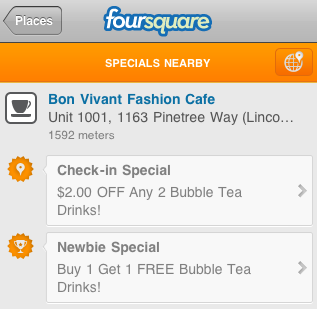Today, I’m facilitating a discussion for the Alliance Marketing Council (AMC), a group of marketing professionals who work for or with members of Vancouver’s Alliance for Arts & Culture. Our topic is the role that communications professionals play in times of crisis. Rebecca Coleman, Chair of the AMC, asked me to facilitate the session following last week’s post-hockey game riot. The unexpected can always happen but are we prepared?

While I don’t consider myself a “Crisis Communications Expert”, I’ve certainly been orchestrating and participating in communications plans for a couple of decades and I’ve got some thoughts to share. I invite you to add your own experience and recommendations in the comments.
Consider what a crisis might mean for your organization. Is it a digital security breach of customer’s sensitive information or a customer who suffers a fatal heart attack in store? Perhaps you’ll have to cope with a major event like an earthquake or, sadly, something equivalent to the rioting that happened in Vancouver after Game 7. Whatever you imagine is only the beginning. You must be prepared to adapt to the crisis that actually happens.
Preparation is key as you won’t have time to make a plan once disaster strikes. Make sure everyone in your organization knows who’s on the Crisis Communication team and who is authorized to act as official spokesperson. Ideally the spokesperson and their understudies have had some formal media training to know how to deliver difficult news in a calm and informative manner.
Another aspect of this is the all important contact list. We’re no longer in a era where folks have a single phone number. Where can they be reached by phone? On cel? On Twitter? Through Facebook? In a crisis, the team onsite must try every means of reaching those who can respond in an official capacity. All these forms of communication can feel like unnecessary redundancy but communication systems can break down. Telephone lines and Internet connections can be severed. Cel towers can be overloaded. Who knows, in the worse incidents we may have to resort to morse code by lantern light!
Next comes the mental shift of modern communication. Organizations can no longer rely on strategies to “manage the message” through official statements and press conferences. Today, everyone in the building has the potential to be a reporter through their smart phone. You can’t control what people share on Twitter and Facebook but you must make certain that your company has an official voice through every possible channel.
With real time coverage from multiple points of view enhanced by photos and video perception becomes a tricky part of the equation. Was that a rioter pulling someone’s arm aggressively or an innocent bystander tugging the same individual out of harm’s way?
Social media gives authority to the Citizen Reporter who can share whatever’s happening around them. But at what point does that evolve into Citizen Surveillance (a topic eloquently considered by Alexandra Samuel) or worse devolve into a corps of Citizen Vigilantes hell bent on justice. What happens to the presumption of innocence until proven guilty? Or the integrity of evidence?
With so many potential voices reporting a crisis, it’s important for the organization embroiled in the event to be proactive in announcing, updating and responding to facts related to the event. Sometimes this can mean prioritizing the audience – who do you communicate to and when? Are the citizens directly affected by the crisis your top priority or is it more important to get the message out through mass media and social media? What about your stakeholders? And your efforts to coordinate with emergency services?
It’s also important to know what information is most important to convey. Risks to the health and safety of others should be top priority (say from a gas leak) as opposed to reporting the estimated time of resumption of normal operations. Knowing in advance the priority sequence for communication will mean each message is delivered more quickly.
In this era of social media, we are no longer able to control the message leaving our businesses but we can prepare to communicate effectively in a crisis. Are you prepared?
[gview file=”https://angelacrocker.com/wp-content/uploads/2011/06/Crisis-Communications-Form-from-Angela-Crocker.pdf”]



